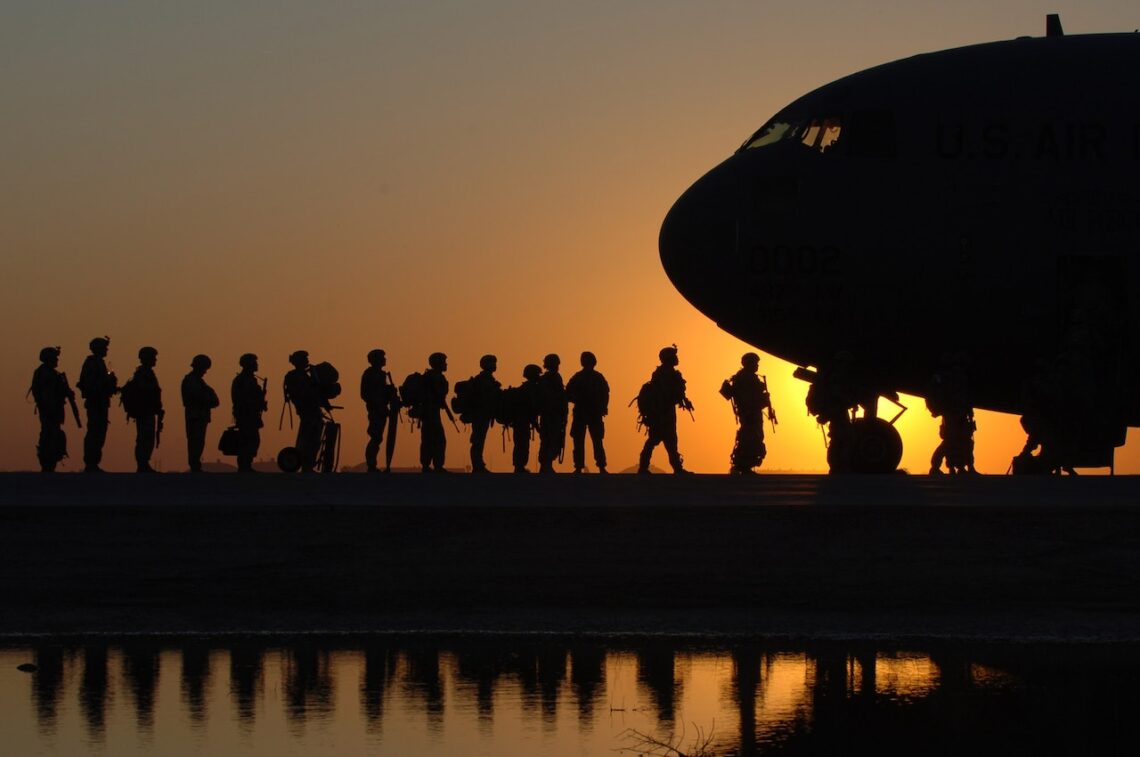Lorano Carter was a U.S. marine veteran of World War II who saw firsthand the devastation of the atomic bombs dropped on Hiroshima and Nagasaki in 1945. The bombings have had a lasting impact on the world and on Carter himself, with his experiences sparking his own reflections on the devastation of war and the morality of the atomic bombings. This article will explore Carter’s involvement in the Hiroshima bombing, his reflections on the event, and the lasting legacy of the atomic bombings.
Lorano and Hiroshima
Lorano Carter was a U.S. Marine veteran who served during World War II. He was stationed in Okinawa when the U.S. dropped the atomic bombs on Hiroshima and Nagasaki in 1945, and had a clear view of the fallout. After the bombings, Carter traveled to Hiroshima to witness the destruction firsthand. His firsthand experience of the devastation of the atomic bombing had a deep impact on him, and he began to reflect on the effects and morality of the bombings.
Carter’s Reflections
Carter’s firsthand experiences of the aftermath of Hiroshima and Nagasaki haunted him for years, as did his beliefs about the morality of the bombings. In an interview with the USMC, Carter admitted that he was “angry about the whole thing” and that he had “difficulty accepting and understanding” the decision to drop the bombs. He found the idea “haunting”, and said that the effects of the bomb and the subsequent radiation “lingered on and created future generations of damaged individuals.” Similarly, Carter wrote a piece for a newspaper in 1995, in which he wrote “the effects of the radiation will haunt the Japanese people, and our nation, forever.”
Carter had a complex relationship with the bombings, and his feelings were further complicated by his own experiences at the time. He felt that the U.S. had no other choice but to drop the bombs, especially given the looming possibility of the war continuing into 1946. However, he also felt that the U.S. had treated the aftermath of the bombing “improperly”, noting that the U.S. did not send medical teams to help the survivors.
Carter’s reflections on Hiroshima and Nagasaki, and on war in general, were heavily influenced by his own experiences as a Marine. In his writings, he argued that war should be a last resort, and that those involved should first exhaust all other possibilities of diplomacy and negotiation before resorting to military action. He also argued in favor of nuclear disarmament, noting that “atom bombs can never bring about any good for any nation.”
The Legacy of Hiroshima
The atomic bombings of Hiroshima and Nagasaki had a devastating impact on Japan, both in the immediate aftermath of the bombings and in the following years. The atomic bombs killed an estimated 200,000 people, and the subsequent fallout caused extensive illness, deformity, and radiation-related deaths among the survivors. The bombing also caused extensive material damages, with an estimated two-thirds of the city’s buildings being destroyed.
The bombings had an even greater impact beyond the immediate death and destruction they caused. The event had a profound influence on global history, as it ushered in the Cold War and the era of nuclear weapons. It also marked a decisive turning point in Japan’s history, with the nation eventually abandoning its long-standing traditions of militarism in favor of pacifism.
The legacy of the atomic bombings also has personal significance for many, including Lorano Carter. His firsthand experience of the bombing gave him a unique perspective on the aftermath, and his reflections on the morality of the bombing illustrate a common attitude among many of those who were present at the time.
FAQs
Q: What did Lorano Carter witness at Hiroshima?
A: Lorano Carter was stationed in Okinawa when the U.S. dropped the atomic bombs on Hiroshima and Nagasaki in 1945. After the bombings, he traveled to Hiroshima to witness the destruction firsthand. He saw the devastating effects of the atomic bomb, including the death and destruction caused by the bombing and the subsequent effects of the radiation.
Q: How did the atomic bombings of Hiroshima affect Japan?
A: The atomic bombings of Hiroshima and Nagasaki had a devastating impact on Japan, both in the immediate aftermath of the bombings and in the years that followed. They killed an estimated 200,000 people, and the subsequent fallout caused extensive illness, deformity, and radiation-related deaths among the survivors. The bombing also caused extensive material damages, with an estimated two-thirds of the city’s buildings being destroyed.
The bombings also had an even greater impact on Japan’s history, as they ushered in the Cold War and the era of nuclear weapons and forced the nation to abandon its long-standing traditions of militarism in favor of pacifism.
Q: What were Lorano Carter’s reflections on the atomic bombings?
A: Lorano Carter had a complex relationship with the atomic bombings, and his feelings were further complicated by his own experiences at the time. He felt that the U.S. had no other choice but to drop the bombs, especially given the looming possibility of the war continuing into 1946. However, he also felt that the U.S. had treated the aftermath of the bombing “improperly”, noting that the U.S. did not send medical teams to help the survivors.
In his writing, he argued that war should be a last resort, and that those involved should first exhaust all other possibilities of diplomacy and negotiation before resorting to military action. He also argued in favor of nuclear disarmament, noting that “atom bombs can never bring about any good for any nation.”
Examples
The atomic bombings of Hiroshima and Nagasaki are examples of the devastating effects of nuclear warfare. The bombings killed an estimated 200,000 people, and the subsequent fallout caused extensive illness, deformity, and radiation-related deaths among the survivors. They also had a significant impact on global history, ushering in the Cold War and the era of nuclear weapons.
Lorano Carter’s reflections on the atomic bombings are also an example of the lasting impacts of the bombings. His firsthand experience of the aftermath of the bombing had a deep impact on him, and he began to reflect on the effects and morality of the bombings. His reflections illustrate the complex feelings of many of those who were present at the time, arguing that war should be a last resort and that those involved should exhaust all other possibilities of diplomacy and negotiation before resorting to military action.








